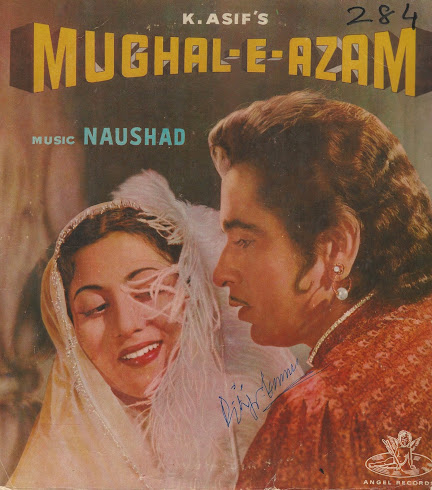Upgrading to Democracy Version 2.0
With the global developments of the last few years it is time we rethink the format and the definition of democracy.
So here is a wishful speech to the guardians of democracy.
From settlements to territories,
From territories to empires
And from empires to nations
…... civilization has come a long way in search of structures and conventions through which a human population connects, cooperates and controls itself.
Community chieftains gave space to kings. Kings were taken over by emperors and emperors surrendered to the democratic forces.
In this process of evolution, democracy has not only proven to be the most stable but also the most widely accepted structure. However, to believe that democracy is the last word in governance, would itself be a challenge to the spirit of democracy – which is ‘openness to dissent’.
So, to the guardians of democracy, here is my first dissenting question, “In light of the developments during the last few years, is it not the time to rethink and revisit the current format of democracy ?”
Everyone saw that in a span of four years, the most powerful person in the world got elected with a thin margin of 1% - not just once but in two consecutive elections. The thin margin of 1% turns grey when one observes that surveys after surveys have concluded that social media was instrumental in voting decisions of more than 10% of the voters.
In these circumstances, can elected regimes be still called “ A Govt..…by the people…”.
The spirit of democracy lies in taking away power from a few and distributing it among the masses. Today’s electoral process unfortunately gives disproportionate power to technological giants and social media influencers.
Hope, the guardians are listening.
My next dissenting questions is, “Should democratically elected governments work only for their own voting population. Should they not be compelled to think beyond their electoral realms ?”
In the global economy that we live in, a large portion of the economic production relies on a global delivery mechanism. As a result, the ability to disrupt the global supply chain through non-cooperation can provide a leverage to the disrupting nation. And gains through such leverage can bring in electoral victories for its ruling regime. It is very pertinent to note here that our democratic format, therefore, can put domestic success and global responsibilities on a divergent fork.
Restrictions on job opportunities for immigrants has been one such recent disruption. This disruption in global delivery mechanism has proved to provide big political gains in one of the large democracies. Similarly, in various democracies, the country’s position on global issues like climate changes, terrorism, space and ocean rights etc. can play a fateful role in their domestic elections. In reality, the position that a country takes on critical global issues impacts not just its own voting population but also all the other occupants of the mother earth. Therefore, it is time that elected leaders are compelled to expand their realm and to think beyond their domestic voting class.
Seven scores and eighteen years ago, our ancestors had brought forth a new definition of democracy, ‘The govt of… the people, by….. the people and for… the people’. The definition still survives but it is probably time that we consider redefining the term “the people” in this definition.
Therefore, my third and the l
ast dissenting note is, “Should the power to elect the head of a nation remain solely with its legal citizens. OR should global citizens also have a say ?”
In the modern world, global inter-dependence is too complex to be ignored. Today, every occupant of mother earth has a direct or indirect stake in every nation. So, I propose to commence a discussion on my proposition that 5% of the elected representatives in every democracy should be elected by what I call global citizens. And these global citizens could typically be immigrants, elected intellectuals, rotating academicians etc.
Yes, it may be counterargued that the above would challenge the sovereign powers of a nation. But isn’t it also true that the two largest democracies of the world were formed only when provincial heads in these nations had agreed to surrender their sovereignty to the union.
Due to such compromises, provinces could morph into large nations. Today nations are moving towards a global village, so isn’t it time to re-compromise.
For those wondering about the regimes not based on democracy, the answer is simple. The above proposition is a quid pro quo arrangement. A country that disallows global citizens to play a role within itself will also see its own citizens being barred from playing such roles in other countries. Such an arrangement will create a natural network effect resulting in participation by more and more nations.
And still, if you are not convinced about the increasing role to be played by global citizens, I would earnestly request you to rethink and to revisit the pandemic, the vaccine politics and the logistic challenges that followed in moving men and material after the outbreak.
As I come towards the end of my speech, here is my wish. The struggle of human civilisation against imperialistic forces had lasted for centuries. But now we are in a world where decisions are made at the speed of light. My wish, therefore, is that the struggle for Democracy version 2.0 should not be very long.
Thank You.
- Deepesh Salgia



Comments
Post a Comment